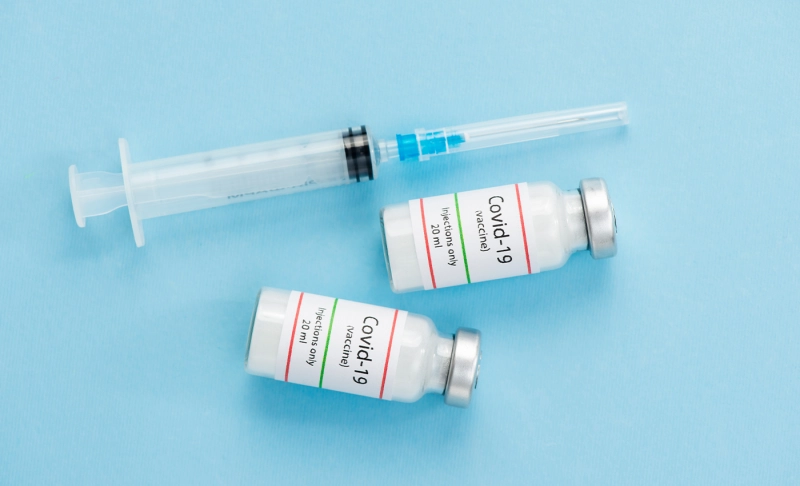By: Rachel Muller-Heyndyk
July 5 2021

COVID-19 vaccines have all been through mandatory, multi-stage trials to ensure their safety and efficacy before they are approved for emergency use.
COVID-19 vaccines have all been through mandatory, multi-stage trials to ensure their safety and efficacy before they are approved for emergency use. An article on the independent news site The Daily Expose contains a number of false and misleading allegations surrounding the latest report from Public Health England (PHE) on the progress of the vaccination drive in the U.K. The article purports that the public has been misled over COVID-19 vaccines. The author writes that health bodies had "no clue" that vaccines would work when they were given the green light for emergency use. This is untrue. All vaccines were rigorously tested and go through at least three phases of trials before they are approved for public use. The Food and Drugs Administration (FDA) notes that Emergency Use Authorization (EUA) is a mechanism by which the FDA can recommend unauthorized treatments or medical products for emergency or life-threatening situations, including the COVID-19 pandemic. It adds that during public health emergencies, testing for vaccines may be "a-typical," such as collaborating with various governments and nonprofits in an effort to speed up the manufacturing process. It does not state that vaccines were administered before health bodies were convinced of their safety. The FDA emphasizes that COVID-19 vaccines have been rigorously tested among tens of thousands of study participants. It notes that when vaccines have successfully passed the phase 3 stage of trials, an independent group of scientists will gather evidence on the vaccine's efficacy before proceeding to a request for EUA. From there, another group of experts who are screened for any potential conflicts of interest will consult to decide whether a vaccine can be put forward for emergency use. Similarly, in order for vaccines to qualify for Emergency Use Listing (EUL) under the World Health Organization (WHO), COVID-19 vaccines must meet several stages of WHO's criteria to ensure they are safe and effective for use across the population. Others have claimed that the Pfizer vaccine skipped several steps in its clinical trials, including testing the vaccine on animals, but not humans. On its website, Pfizer also confirmed that it tested on non-human primates and mice in its pre-clinical trials for the vaccine in September 2020. On a video on Pfizer's website, Stephen C Malamud, a principal investigator at the Icahn school of medicine, explains that the purpose of a phase 1 trial is to "find the proper way to administer that medication. The safety and tolerability of that medication is the key role of that trial." Pfizer then carried out its three further phases of the vaccine, all of which produced positive results. Public health bodies have noted that vaccines are under constant review to keep a record of their efficacy and any potential risks. PHE has found that COVID-19 vaccines have been found to be 8 percent effective against the symptomatic disease of the Delta variant and 96 percent effective against hospitalization. As the Centers for Disease Control Prevention (CDC) explains, no vaccine can ever be 100 percent effective. However, it's clear that vaccines are a highly effective measure in stopping the spread and severity of the COVID-19 virus. All COVID-19 vaccines are subjected to multistage trials and reviews before they are selected for emergency use. To state that bodies have no indication of their effectiveness before granting them emergency use status is both false and misleading. The COVID-19 pandemic has given rise to a lot of potentially dangerous misinformation. For reliable advice on COVID-19, including symptoms, prevention, and available treatment, please refer to the World Health Organization or your national healthcare authority.